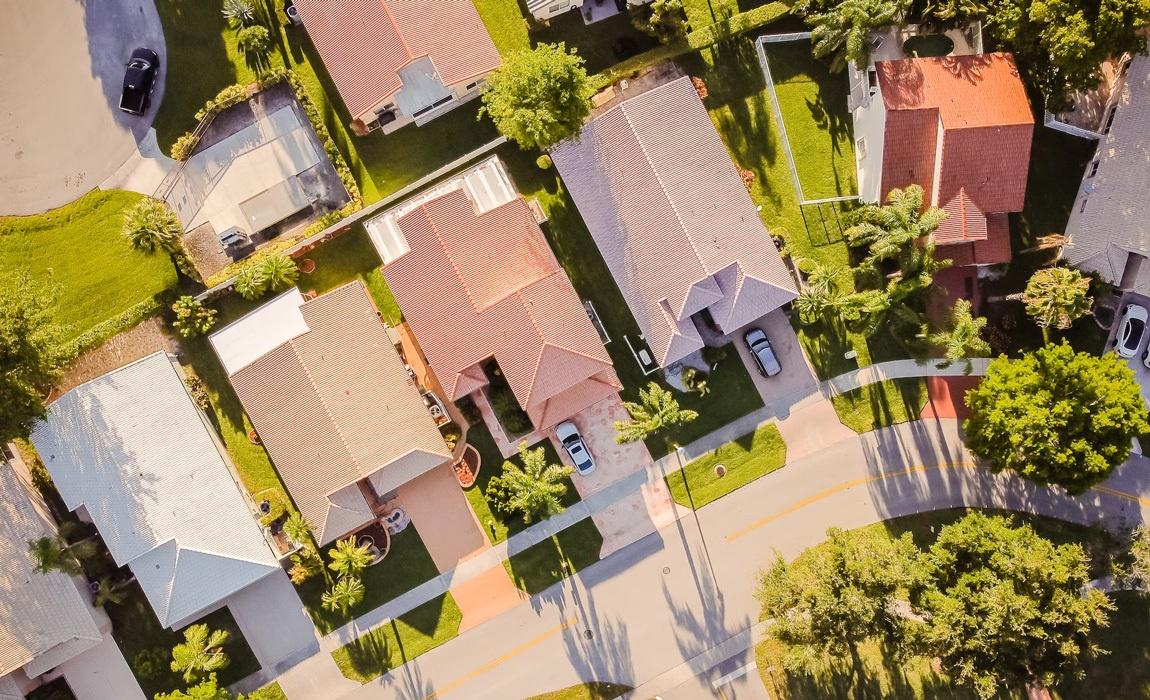You've bought a new house and hopefully done a home inspection as well as looked around the yard and made a list of things to do. Unfortunately there's more that you need to consider when it comes time to move to a new house. Let's take a look at other things you need to prepare for when moving.
How To Get Around Town
When planning a move, it's essential to research logistics like secure car transport costs and reputable moving companies. Find out how much it will cost to move your property and car to your new home safely and securely, and make sure you can afford it.
Your research should include finding out what kind of services different companies offer, their prices, and their policies regarding cancellations and refunds. It's also a good idea to read online reviews of different companies to get an idea of other people's experiences. Once you've done your research, you'll be able to choose the company that best meets your needs and budget.
Security System Upgrades
A home security system is essential for keeping your family safe and protecting your belongings. There are a few key components to consider when choosing a security system for your home.
- Alarms are a great way to deter burglars and notify you if someone does break in.
- Cameras can help you keep an eye on your property inside and out.
- Strong locks are essential for preventing forced entry.
- It's also a good idea to replace the screws on your external door hinges and strike plates, making it more difficult for someone to kick in your door.
- Investing in a smart doorbell with a camera and intercom can also help deter burglars.
Be sure to carefully consider your options when choosing a security system for your new home.
Good Neighbors
Moving to a new neighborhood can be exciting and scary all at the same time. But one of the best ways to adjust to your new surroundings is to get to know your neighbors. They can be an excellent resource for information about the area and help you stay safe.
For example, they can tell you who to call when there is an emergency and help you understand the response times for emergency responders in your area. They can also keep an eye out for suspicious activity, and you can do the same for them.
In addition, getting to know your neighbors can make your life more enjoyable. You might find that you have common interests, and they can become friends you enjoy spending time with. So don't be afraid to introduce yourself and get to know the people who live near you. It could end up being a very positive experience.
Observational Awareness of Your Surroundings
Being aware of your surroundings is always a good idea, but it's vital when you're in a new place. Familiarizing yourself with your surroundings can help you to orient yourself if you get lost, and it can also help you to avoid dangerous areas.
When looking around your neighborhood, pay attention to landmarks and street names to orient yourself. Also, take note of any areas that seem unsafe or where there have been recent crimes. It's always better to be safe than sorry, and being familiar with your neighborhood is a great way to stay safe.
Asset Protection
Make sure you have a place to store your essential belongings and that they are well-protected. When you pack and unpack them, do your best to avoid apparent labels denoting the items' value within the boxes.
One way to keep your valuables safe is to create a "personal effects" box. This box should contain jewelry, essential documents, and small electronics. Ensure this box is clearly labeled and stored in a safe, out-of-the-way place. If packing for a move, consider locking this box in your car (out of sight) so it doesn't get lost in the shuffle.
Another way to protect your valuables is to insure them against loss or damage. This is especially important if traveling with high-value items like laptops or cameras. Check your homeowner's or renter's insurance policy to see your coverage for personal belongings. You may also want to purchase additional insurance for precious items.
Emergency Response Drills
Have a plan in place in case of an emergency. Knowing what to do in case of an intruder, a fire, flood, or other disasters can help you stay safe and calm amid chaos. But set up a plan and rehearse it. Discussing an emergency plan is one thing, but executing that plan under the pressure and disorder of an emergency event can create dangerous challenges. Here are some tips for putting together an effective emergency plan:
- Pick a meeting spot: In case you are separated from your family during an emergency, choose a meeting spot in advance where everyone can regroup.
- Learn your escape routes: Familiarize yourself with the exits in your home, office, and other buildings you frequent. You will want to know the quickest way out of a fire or other disaster.
- Prepare a "go bag": Put together a bag with essential items like water, food, first-aid supplies, and medication. Keep it in an easily accessible spot if you need to evacuate quickly.
- Make a list of essential numbers: Include contact information for your family members and numbers for local authorities and first responders.
By taking the time to develop an emergency plan, you can increase your chances of staying safe during a crisis.

